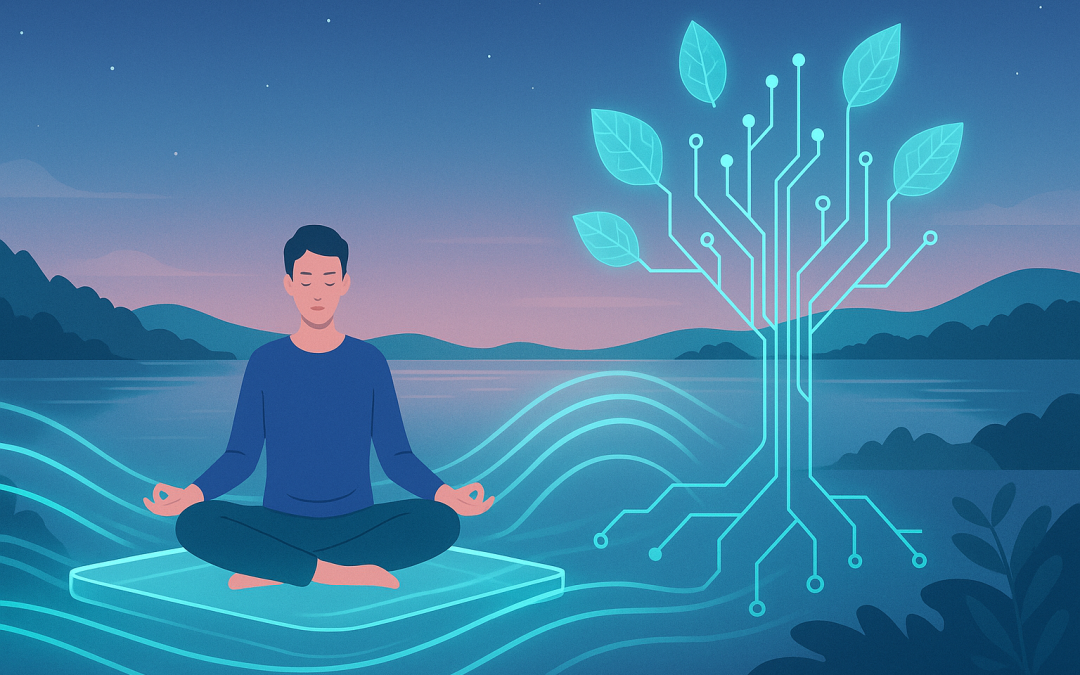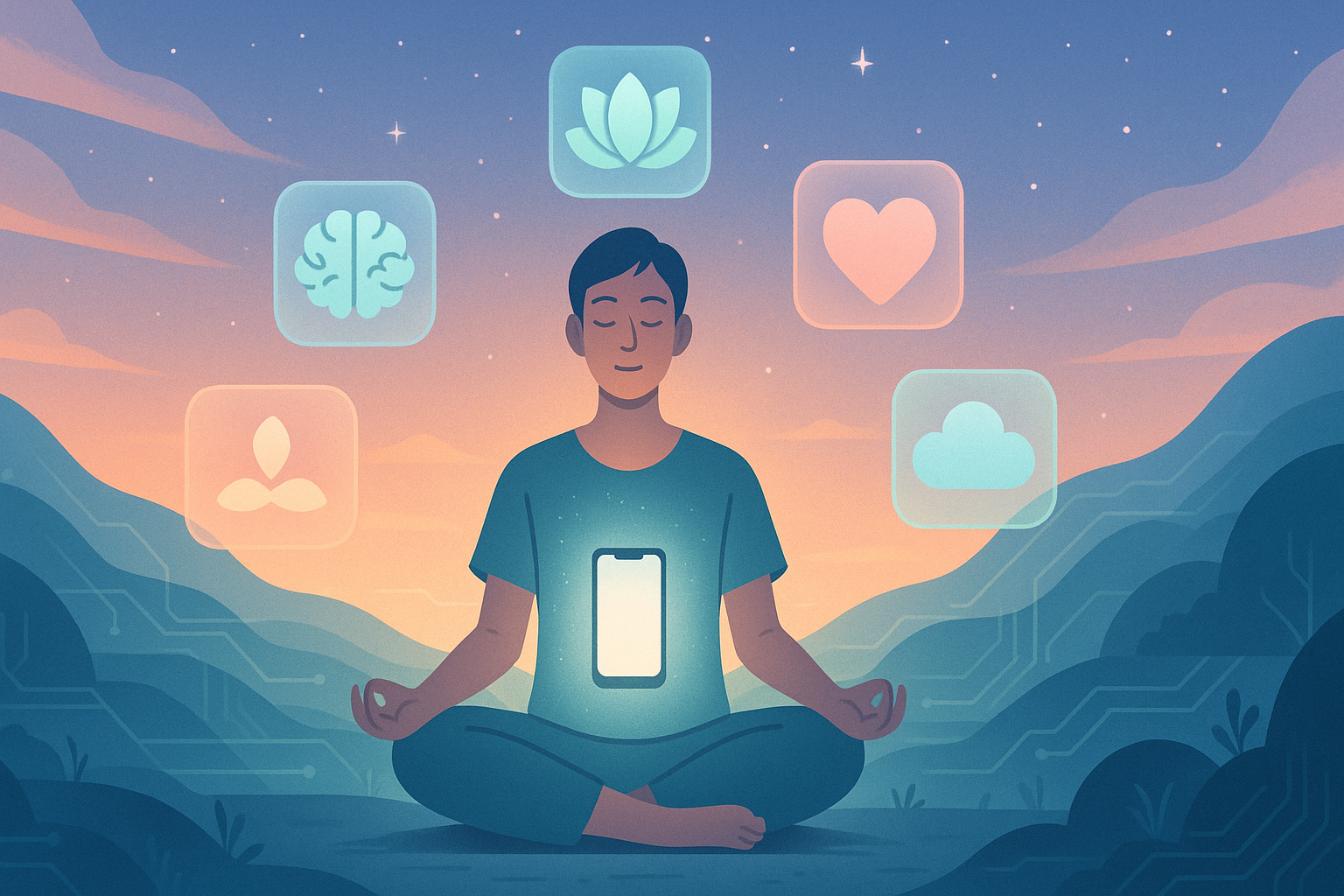The Science of Relaxation: How Technology is Changing the Game
In today’s fast-paced world, finding time to relax can often feel like a luxury. However, with the advent of innovative technologies, achieving tranquility is becoming more accessible than ever. From apps that guide meditation to smart devices that monitor your sleep, technology is revolutionizing the way we unwind. Let’s dive into the science of relaxation and discover how technology is changing the game.
Table of Contents
1. Introduction to Relaxation and Technology
2. The Role of Wearable Technology in Stress Management
3. Meditation Apps: Your Personal Zen Coach
4. Virtual Reality: Escaping to a Calmer World
5. Smart Home Devices: Creating a Soothing Environment
6. Conclusion
7. FAQs
Introduction to Relaxation and Technology
Relaxation isn’t just about sitting back with a good book or taking a leisurely walk. It’s a scientifically-backed necessity that helps reduce stress, improve mental health, and boost overall well-being. Interestingly, technology, often blamed for increasing stress, is now being leveraged to aid relaxation. Let’s explore how this paradoxical relationship is evolving.
The Role of Wearable Technology in Stress Management
Wearables like smartwatches and fitness trackers are more than just fashion statements—they’re powerful tools for managing stress. These devices track physiological signals like heart rate variability (HRV), which is a key indicator of stress levels. By providing real-time data, wearables empower users to recognize stress patterns and take proactive steps to mitigate them. For instance, a sudden spike in heart rate might prompt a gentle nudge to practice breathing exercises, effectively incorporating stress management into daily routines.
Meditation Apps: Your Personal Zen Coach
Meditation apps such as Headspace and Calm have surged in popularity, offering guided meditations that cater to both beginners and seasoned practitioners. These apps harness the power of technology to provide a personalized relaxation experience, allowing users to choose from a variety of meditation styles, durations, and goals. Whether you’re looking to improve focus, reduce anxiety, or simply unwind after a long day, there’s likely an app tailored to your needs. The convenience of having a meditation coach in your pocket means relaxation is just a tap away.
Virtual Reality: Escaping to a Calmer World
The immersive nature of Virtual Reality (VR) offers a unique avenue for relaxation. Imagine stepping into a serene forest or a peaceful beach without leaving your living room. VR experiences designed for relaxation can transport users to tranquil environments, allowing for a sense of escape and mental rejuvenation. Studies have shown that VR can significantly reduce stress and anxiety, making it a promising tool for those seeking an escape from the hustle and bustle of daily life.
Smart Home Devices: Creating a Soothing Environment
Imagine arriving home to a perfectly lit room, calming music playing in the background, and the gentle scent of lavender wafting through the air. Smart home devices make this possible. With the integration of devices like smart lights, speakers, and diffusers, creating a relaxing atmosphere has never been easier. These gadgets can be programmed to automatically set the mood for relaxation, ensuring that your home becomes a sanctuary of calm after a hectic day.
Conclusion
The intersection of technology and relaxation offers a plethora of opportunities to enhance our well-being. While it’s crucial to maintain a balance and not become overly reliant on digital solutions, the thoughtful use of technology can significantly aid our relaxation efforts. From wearables that track our stress levels to VR experiences that transport us to peaceful realms, technology is indeed changing the game, making relaxation more accessible and effective than ever before.
FAQs
Q: Can technology replace traditional relaxation methods?
A: While technology can enhance relaxation efforts, it’s best used in conjunction with traditional methods such as exercise, reading, and spending time in nature.
Q: Are there any risks associated with using technology for relaxation?
A: Over-reliance on technology for relaxation can lead to increased screen time, which may have its own drawbacks. It’s important to use tech tools mindfully.
Q: What are some beginner-friendly meditation apps?
A: Headspace and Calm are excellent choices for beginners, offering a wide range of guided meditations and mindfulness exercises.
Embrace the fusion of science and technology in your journey to relaxation, and discover the serenity that awaits with just a click or a tap. ?
Roshiwave Meditation Mind Machine
Add CTA sections description.


